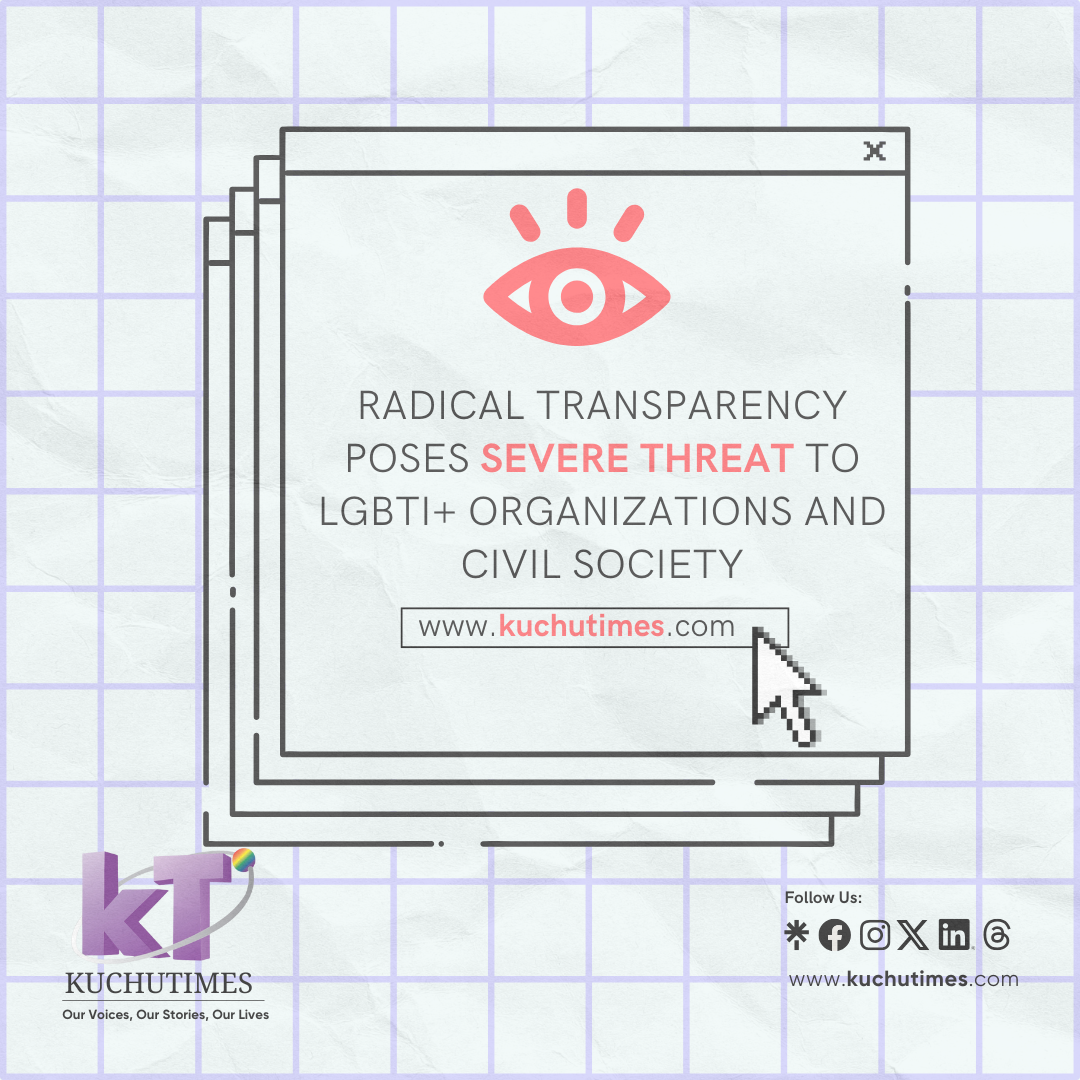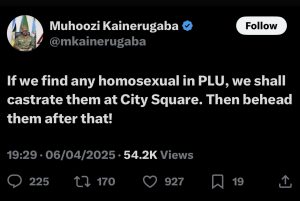In a move that has sent shockwaves through the global human rights community, the Trump administration has issued a directive titled “Radical Transparency About Wasteful Spending.” The directive orders executive departments and agencies to publicly disclose the complete details of every terminated program, canceled contract, terminated grant, or other discontinued obligation of federal funds. This unprecedented transparency mandate could expose the names and details of previously USAID-funded organizations, including those working to support LGBTI+ rights worldwide.
For civil society organizations, particularly those in repressive environments, this directive is more than a bureaucratic adjustment; it is a potential security threat. Many LGBTI+ organizations, especially those operating in countries where homosexuality is criminalized or heavily stigmatized, rely on discrete funding to sustain their operations and protect their staff and beneficiaries. Publicizing funding sources risks exposing these organizations to harassment, violence, and legal repercussions.
In Uganda and other parts of Africa, where anti-LGBTI+ sentiments are widespread and reinforced by draconian laws, this move could have catastrophic consequences.
Organizations that have previously received USAID support might face increased scrutiny from governments and anti-rights groups. Staff members and activists could be targeted, and safe spaces created for the LGBTI+ community could be compromised.
This is a matter of life and death for many activists. Transparency is crucial, but not when it endangers vulnerable communities,” says an activist who requested anonymity. “We’ve seen how exposing funding sources can lead to raids, arrests, and the dismantling of entire organizations. The international community must take a stand against this.
The ramifications of this directive extend beyond LGBTI+ organizations. Civil society as a whole, particularly human rights defenders, women’s rights groups, and organizations advocating for marginalized communities, could all be at risk. The directive’s broad language around “ideological projects” and “national interest” raises concerns about selective enforcement and potential retaliation against groups whose missions do not align with conservative agendas.
Legal experts also warn that this move could strain diplomatic relationships and hinder international development efforts. “The risk is not just to organizations abroad but also to the credibility of the United States as a global leader in promoting democracy and human rights,” explains a civil society advocate.
In response to this looming threat, Kuchu Times Media Group urges LGBTI+ organizations and activists to take immediate safety precautions. Digital security, staff safety protocols, and emergency response plans should be prioritized. Additionally, we call upon international allies, donors, and human rights bodies to intervene and support organizations that may find themselves at risk.
The fight for equality and human rights is far from over, and now more than ever, solidarity and strategic action are needed to safeguard the progress made over the years. Kuchu Times remains committed to amplifying the voices of the LGBTI+ community and advocating for a world where everyone can live freely and without fear.



